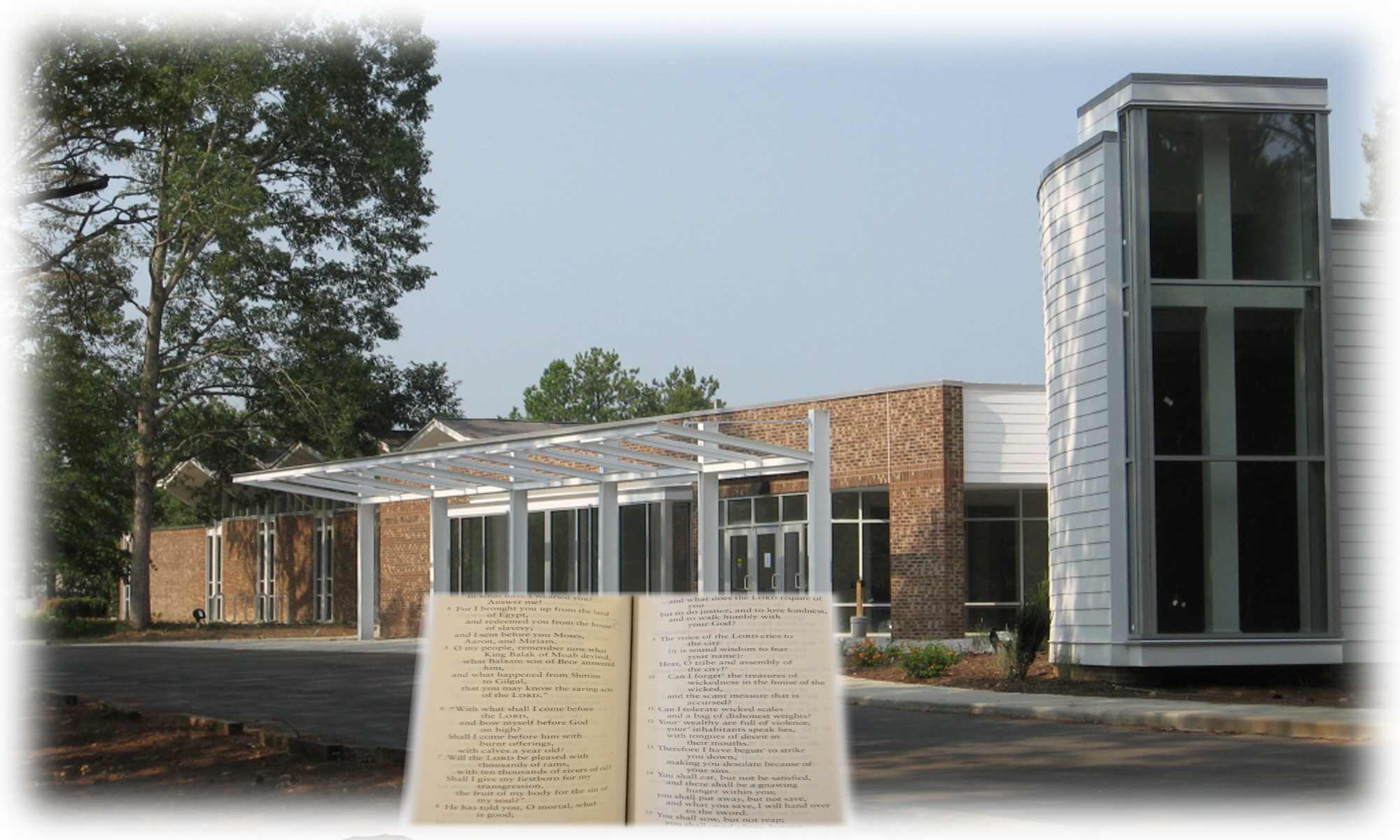On Sunday, January 11, 2015, we wrote responses to three questions. What follows is a compilation of the responses you provided. In a number of cases I had to guess at which question some of you intended your comment to address. If I got it wrong, just let me know and I’ll move your response to a more fitting place. You can contact me using the “Contact Us” link at the top of the page.
What are you curious about?
- How do we nurture our congregation to become even more alive and joyful and welcoming to new members?
- How can we re-form a church to move beyond being a force for divisiveness?
- Religion as mental illness
- Canon fodder, and how not to be it
- Curious about how and why (history, need) Christianity took hold and grew (in the 1st century).
- How does being a person of progressive faith differ from being a compassionate humanist?
- The lectionary
- What are key/basic elements in progressive faith?
- How do I strengthen and build my relationship with God?
What questions do you have about the Bible, Jesus, or God?
- Doubts about the resurrection / ascension story – What was happening (history, people, need) to inspire this profound story?
- How were these stories passed down – altered – in 1st and 2nd centuries?
- How do we see divinity and what it means in a modern world?
- Immaculate conception
- Translations decided
- How can we see these elements [key/basic elements of progressive faith?] in our beliefs and understanding of God and Jesus?
- Who makes lectionaries?
- How [are we to] understand literal stories?
- Is Jesus literally God incarnate?
- How much to take literally so that I can continue to be a Christian. What are basic doctrines of a progressive Christian?
What do you hope we cover in this class?
- Is there a movement of the Spirit in Scripture that is essentially feminine? What attributes of Jesus, the Son, and God the Father might be illuminated to give room for more feminine images?
- Does our organizational structure, physical building, and order of worship restrict us from fuller involvement in our local community?
- A sense of still being in but not of the world, while being able to embrace neighbors rather than traditional separateness – where is our identity?
- Learn more about the Bible
- I need some contemplative time — otherwise I consider this an assignment — so wait!
- I’m interested particularly in the “supernatural deeds attributed to Jesus. How do we understand / interpret these? Is it possible to reject the supernatural elements (miracles, raising the dead, etc.) of Christianity and still be Christian?
- Is there a point at which the bible became ‘fixed’ — passages weren’t added or deleted? (As opposed to being revised/reworded to become more contemporary (i.e. Good News Bible)?
- How are people to interpret the Bible when most don’t have an historical background / knowledge?
- Is there still truth in some of the scripture that we may believe is not literally true?
Like this:
Like Loading...
